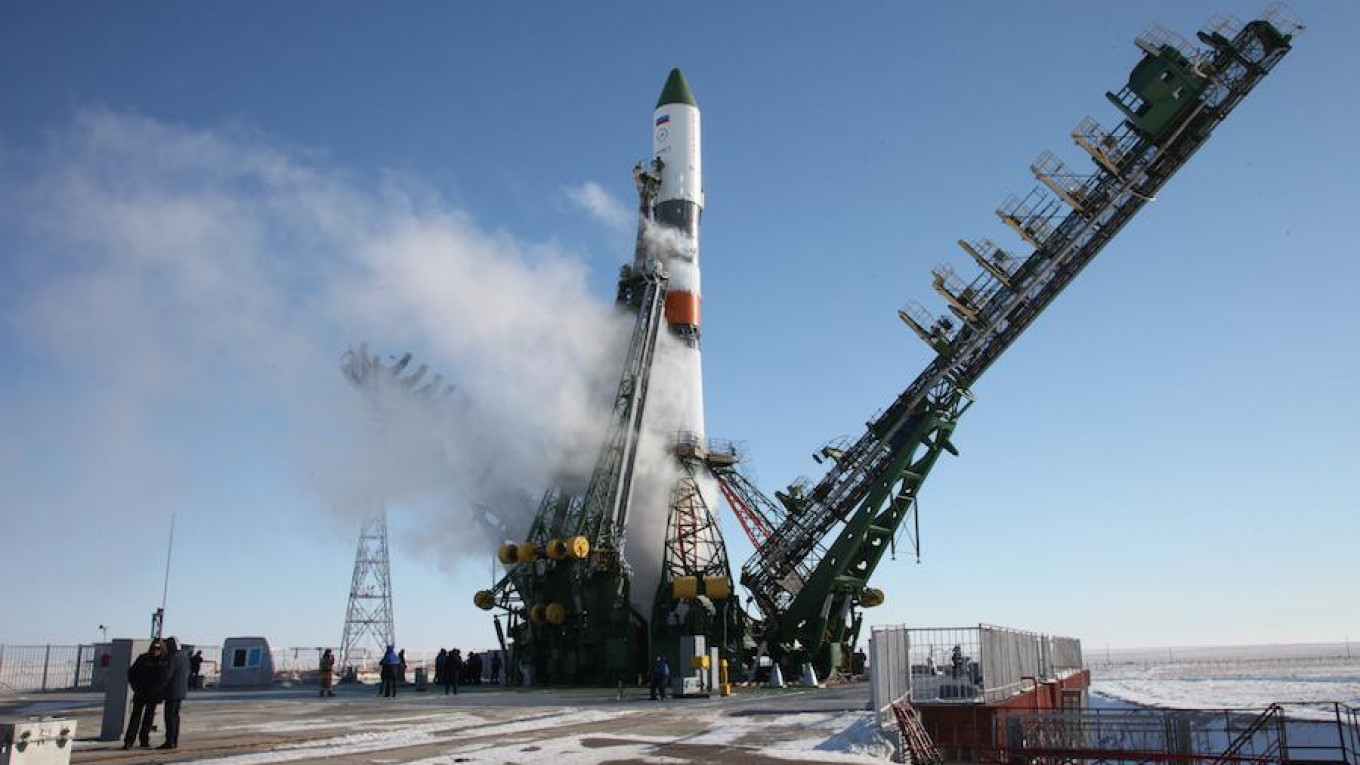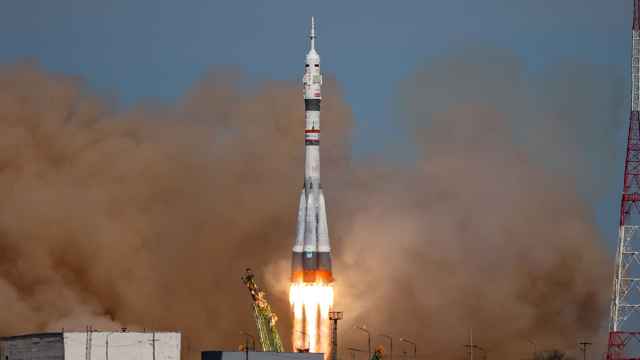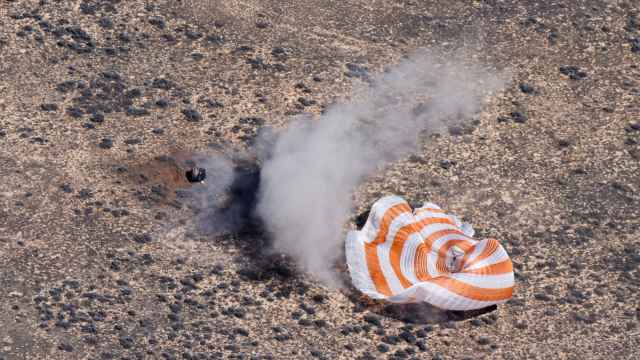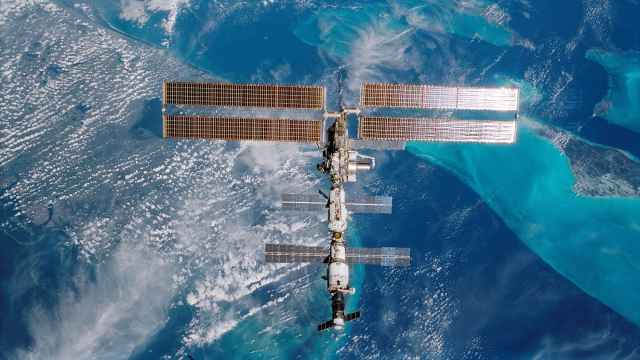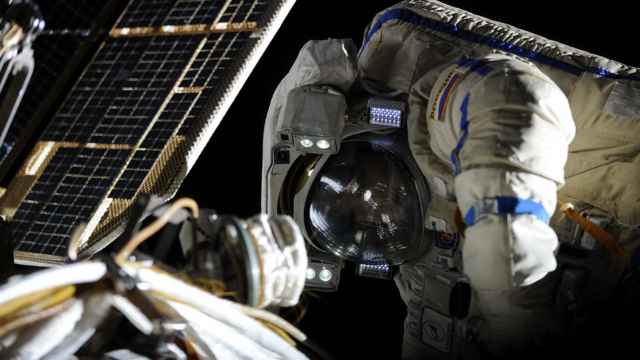The Russian space agency Roscosmos retired a Soviet legend on Feb. 22 with the final launch of a Soyuz-U rocket from the Baikonur Cosmodrome in Kazakhstan.
First launched in 1973, the Soyuz-U design holds a number of records. Among them, it is the longest serving rocket in space exploration history. Over its 43 years in service, Soyuz-U rockets were launched 787 times.
A Roscosmos statement on the event of the final launch described the design as “the largest and one of the most reliable variants in the family of legendary Soyuz rockets.” The Soyuz family are themselves derived from the original R-7 rocket that launched Sputnik and Yury Gagarin into space in the late 1950s and early '60s.
The Soyuz-U included several outdated features, but it was the analog guidance system that prompted Roscosmos to end production of the design in 2015. Although the designs work technically, the guidance systems for Soyuz-U are built in Ukraine.
Ongoing tensions between Russia and Ukraine following the annexation of Crimea risked grounding the Russian space program.
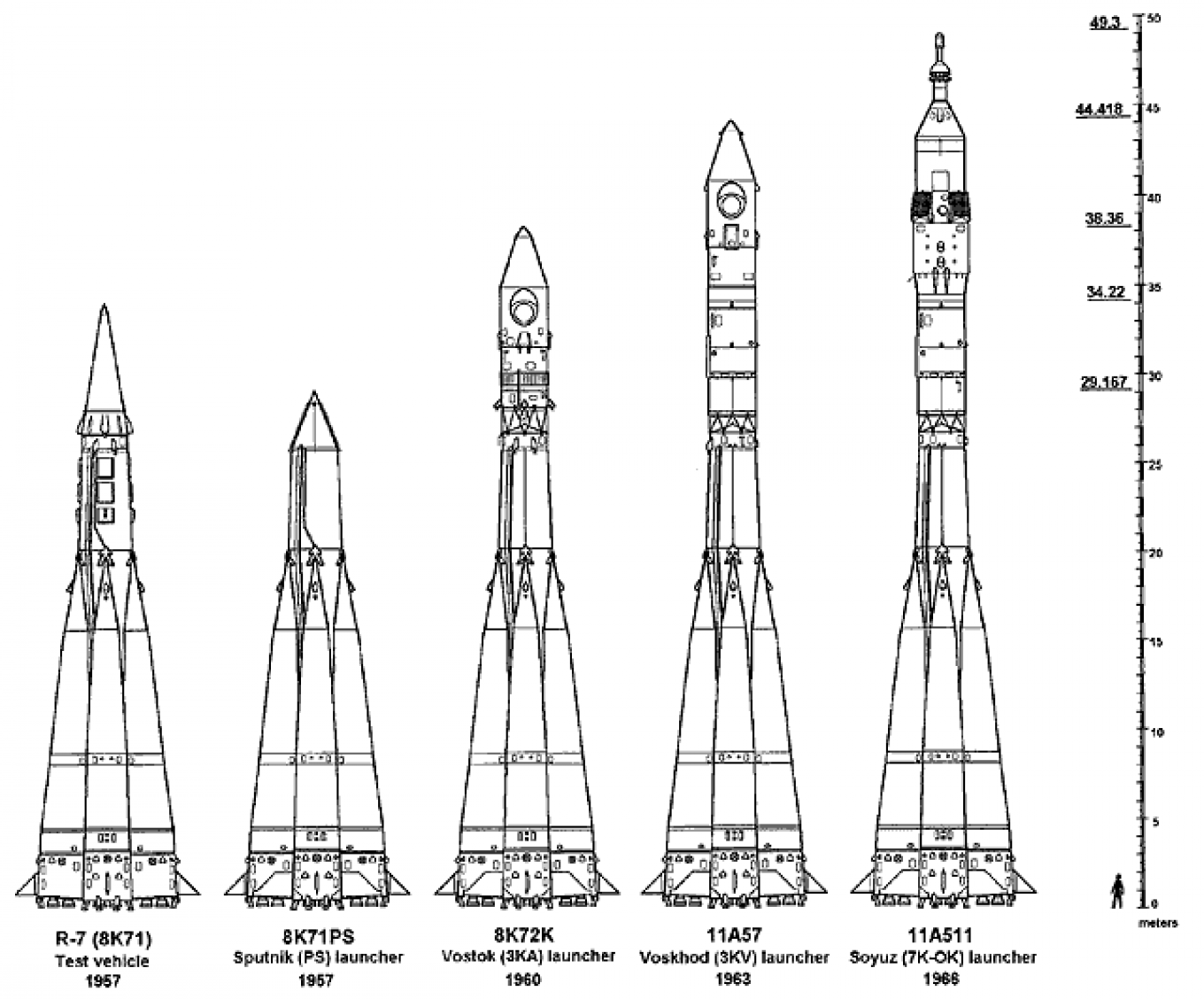
The retirement of the Soyuz-U is part of a broader effort by Russia's space industry to decouple from Ukrainian suppliers — a relic of the industry's Soviet roots. Several cooperative projects have been retired or stalled. These include refurbished ICBM programs like Rokot and Dnepr, as well as the Sea Launch project recently purchased by S7 airlines.
The Soyuz-FG, a derivative of the Soyuz-U used for manned space missions, is also slated for retirement after Roscosmos exhausts its existing supply of the rocket. It will be replaced by the newer Soyuz-2, a fully Russian variant. Later, the new Angara class of rockets will take over.
The Angara is Russia's first post-Soviet rocket design but has only flown twice and the status of the program is unclear. Soyuz variants will likely be the flag bearer of Russia's space program for some time.
A Message from The Moscow Times:
Dear readers,
We are facing unprecedented challenges. Russia's Prosecutor General's Office has designated The Moscow Times as an "undesirable" organization, criminalizing our work and putting our staff at risk of prosecution. This follows our earlier unjust labeling as a "foreign agent."
These actions are direct attempts to silence independent journalism in Russia. The authorities claim our work "discredits the decisions of the Russian leadership." We see things differently: we strive to provide accurate, unbiased reporting on Russia.
We, the journalists of The Moscow Times, refuse to be silenced. But to continue our work, we need your help.
Your support, no matter how small, makes a world of difference. If you can, please support us monthly starting from just $2. It's quick to set up, and every contribution makes a significant impact.
By supporting The Moscow Times, you're defending open, independent journalism in the face of repression. Thank you for standing with us.
Remind me later.


